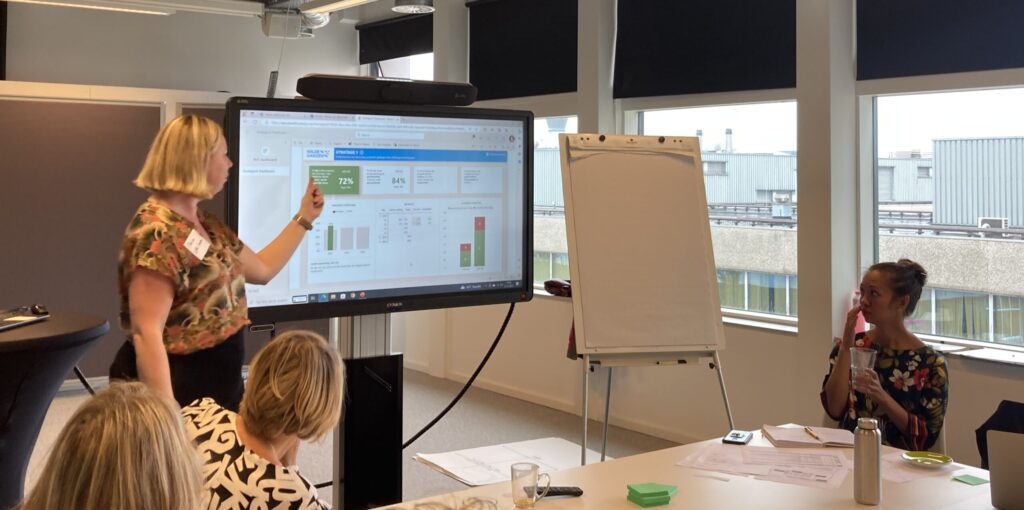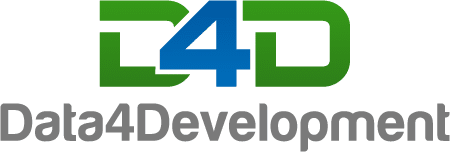What does it take to become a data-driven organisation? Drawing upon our extensive expertise, we have identified several common challenges that NGOs often encounter on their journey to becoming more data-driven.
-
Excessive data collection without clear objectives:
One prevalent issue arises when organisations lack well-defined Key Performance Indicators (KPIs) to guide their data collection efforts. Without clear objectives, an excess of data can quickly lead to information overload, burdening both your staff and the staff of your partner organisations. Additionally, collecting data that ultimately serves no purpose is a waste of precious time and resources.
-
Absence of internal data standards and processes:
Inefficient or inconsistent methods for collecting, storing and analysing data makes it difficult to aggregate data for informed management-level decisions. This pitfall can give rise to data silos, where data in each department does not ‘communicate’ well with the others, and employees lack access to a unified data source.
-
A culture of hesitance around data:
Nonprofits acknowledge the importance of data collection and reporting for fundraising and project management. However, we have observed that many nonprofits require additional support to transition from mere reporting to genuinely learning from the data they collect.
If these challenges sound familiar, rest assured, you’re not alone! Many nonprofit organisations encounter them. That’s precisely why, at D4D, we have designed a Data Strategy Development package tailored to tackle each of these obstacles.

Our approach to tackling data challenges
🔎 Diagnosing your gaps through a data quickscan:
Our initial step involves a comprehensive data quickscan, which serves as the cornerstone of our approach. This quickscan assists in pinpointing gaps and redundancies within your data collection practices and applications. Further, it serves to heighten organisational awareness regarding data collection, utilisation, and best practices.
📊 Developing your data strategy:
Following the quickscan, we guide you through the process of developing a robust data strategy. This involves refining and prioritising your KPIs, making sure that they align with your overarching objectives. We also identify any digital tools or process enhancements required to facilitate the measurement and achievement of these strategic goals.
By collaborating with D4D, you can navigate the complexities of data-driven decision-making with confidence, ensuring that your organisation maximises the value of its data assets.
Learn more by reading our data strategy offer!
